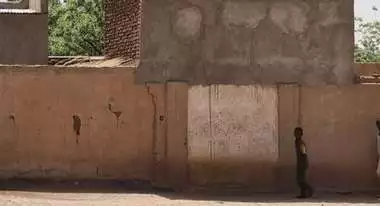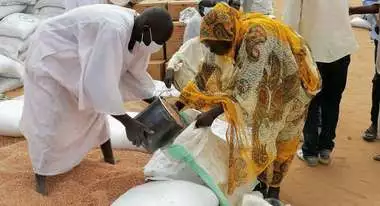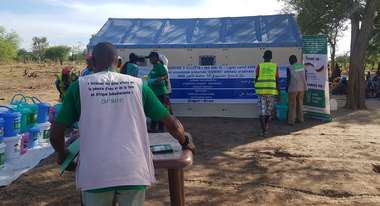12 Months of Conflict in Sudan
The ongoing conflict in Sudan deepens the humanitarian crisis, forcing millions to abandon their homes and face hunger
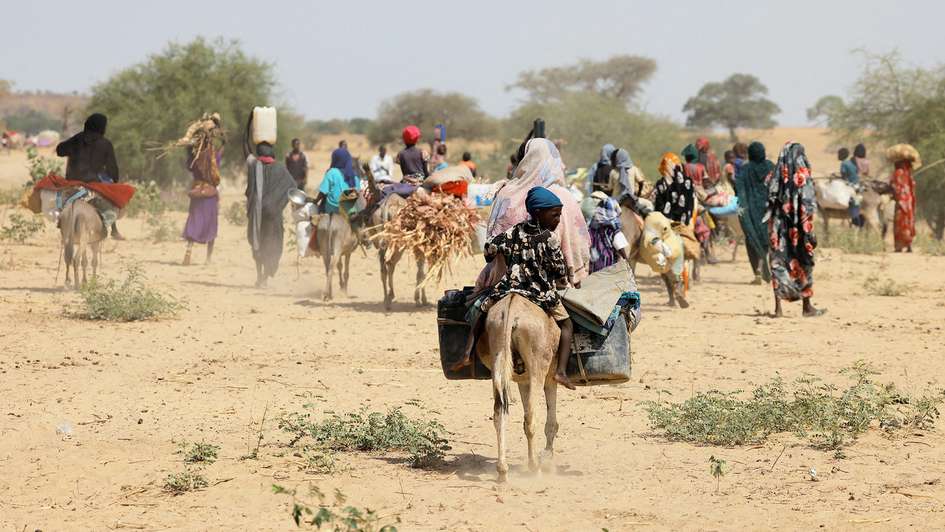
In April 2023, fighting broke out between the army and the paramilitary Rapid Support Forces (RSF). With thousands dead and several million people forced to flee, the situation in Sudan is dramatic. The civilian population on the ground is bearing the brunt. The security situation is extremely tense, and many people do not have adequate access to food and water. The fighting prevents people from heading out into the streets, stocking up on food, or working in agriculture.
A year full of violence leads to hunger
Twelve months of fighting have led to a sharp deterioration of the humanitarian situation in Sudan, as approximately 17.7 million individuals grapple with acute hunger. But the staggering scale of the crisis extends beyond food insecurity, with an estimated 25 million people, including over 14 million children, in dire need of humanitarian aid. In Sudan, where many people were already on the run in their own country before the violence escalated, there are now around nine million internally displaced people (IDPs) - the highest number in the world.
Mathias Mogge, Welthungerhilfe (WHH) General Secretary, visited a camp for IDPs in Port Sudan in early 2024 to get an insight into their current situation. The camp provides people with emergency relief. But this is not the case everywhere in the country. "Children are already dying in refugee camps in Darfur, in the west of the country," says Mogge. "The situation is unbearable. We must not abandon these people."
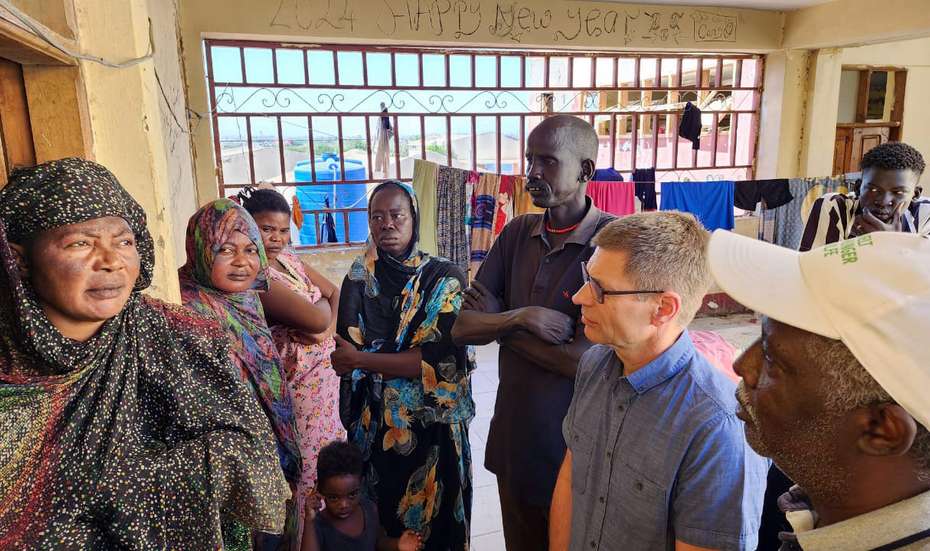
Inside the IDP camps
We spoke to several people in Sudan about their stories and worries. "All my resources, grains and livestock, were completely stolen," recounts a widowed mother of six from North Darfur who made her livelihood off agriculture until she and her children abandoned their home. "I lost all sources of income that we had completely relied on. In the past months, I used to go out to look for work; sometimes, we would find work, such as washing clothes and cleaning houses, but sometimes, I did not find anything to buy food for my children. We now get support from WHH to buy food for the children."
A 42-year-old man who fled from Omdurman, the country's second-most populous city, to the relative safety of Port Sudan on the eastern coast: "Children suffer from immunodeficiency diseases due to the lack of availability and variety of food items. The most important thing is that we are provided with high-nutritional-value food in the centers, especially the children and the elderly."
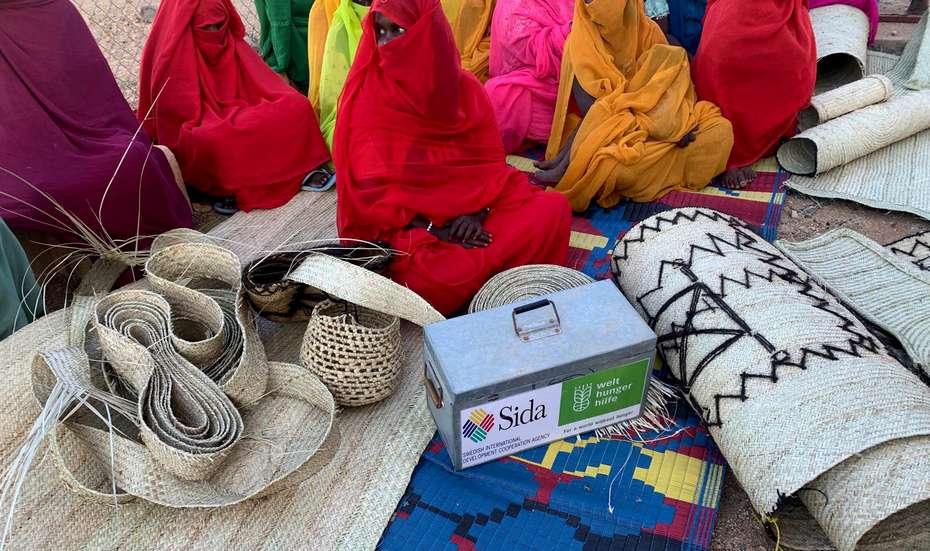
We continue to support the people on the ground
Because of the precarious security situation, WHH initially suspended all its work in Sudan. While specific locations where our projects are based are still inaccessible, we resumed some of our activities shortly after the conflict began. We are constantly monitoring the security situation.
One year on: What needs to be done now
With the global focus on other conflicts, we are using the one-year mark of the conflict to demand renewed attention on the world's fastest unfolding crisis in Sudan. We call on the parties to the conflict and the international community to take the following measures:
We need an immediate ceasefire and access for humanitarian actors to affected populations, including safe humanitarian corridors. In Sudan, 17.7 million people face high food insecurity, 10% of those emergency levels. WHH delivered food to more than 5,000 people, for example, in Mellit (North Darfur) last week. However, these are only sporadic aid deliveries and cannot meet the enormous overall demand. Due to the lean agriculture season starting early (due to last until September), food insecurity and hunger are projected to increase dramatically.
It is crucial that we secure more flexible funding. WHH and other humanitarian actors require adequate financing and should be able to use it more flexibly according to the changing needs on the ground. To date, the humanitarian appeal has only raised 5% of its goal, a stark reminder of the urgent financial support needed.
The international community must push for and urgently support political solutions. Since November last year, the two rival parties have been unable to reach minimal compromises or even a stable communication line to resume the conflict. International attention is focusing on Gaza, and the situation in Sudan and neighboring countries has become a forgotten crisis.





